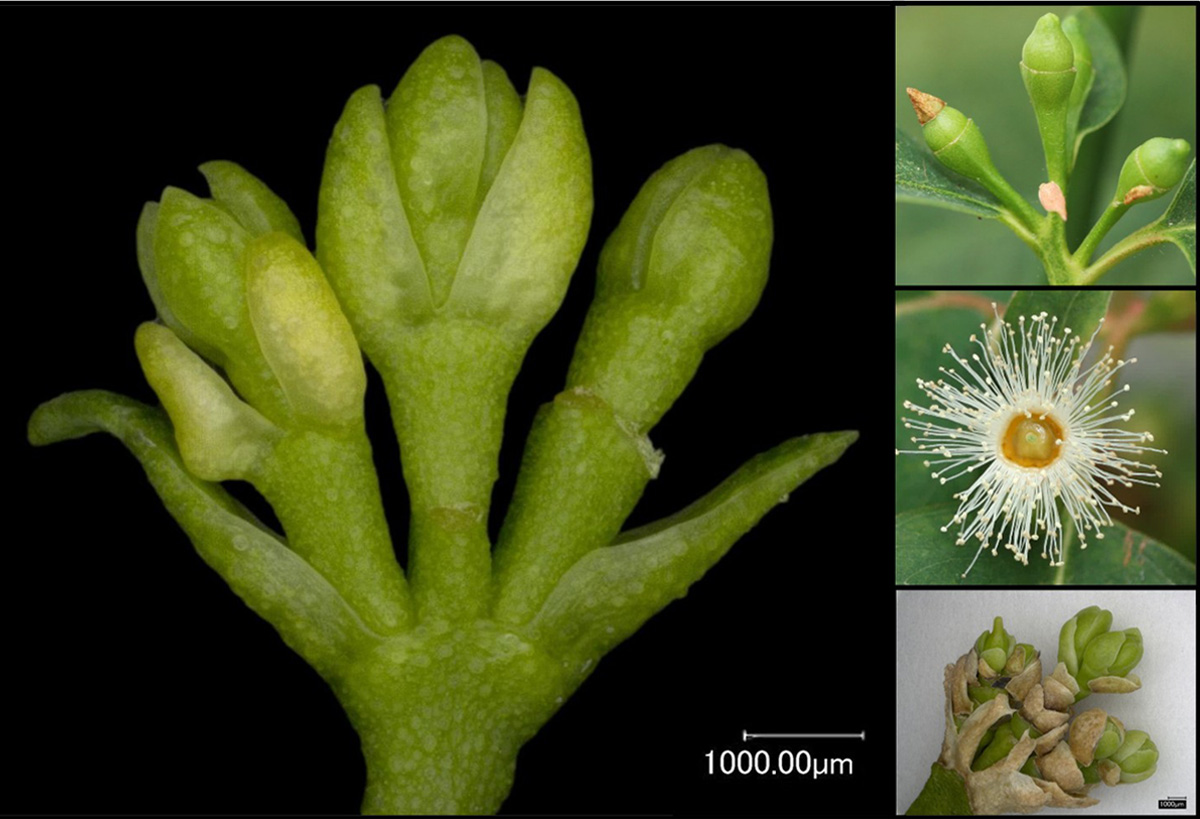
Researchers Use CRISPR to Prevent Eucalyptus Trees from being Invasive
April 14, 2021| |
An international research team led by Oregon State University reported that Eucalyptus, a pest-resistant evergreen valued for its hardy lumber and wellness-promoting oil, can be genetically modified not to reproduce sexually, a key step toward preventing the tree from invading native ecosystems.
Led by Steve Krauss from Oregon State University, the team used CRISPR-Cas9 gene editing technique to knock out LEAFY, the master gene behind flower formation. Strauss, Ph.D. student Estefania Elorriaga and research assistant Cathleen Ma teamed up with scientists at the University of Colorado, Beijing Forestry University, and the University of Pretoria on the research. The greenhouse study involved a hybrid of two species, Eucalyptus grandis and E. urophylla that is widely planted in the Southern Hemisphere.
According to Elorriaga, 7% of the world's forests are plantations, and 25% of that area contains non-native species and hybrids. "Eucalyptus is one of the most widely planted genera of forest trees, particularly the 5.7 million hectares of eucalyptus in Brazil, the 4.5 million hectares in China, and 3.9 million hectares in India." Elorriaga notes that those plantings can lead to undesirable mingling with native ecosystems. She added that eliminating those trees' ability to sexually reproduce would be an effective way to greatly reduce the potential for invasive spreading in areas where that is considered an important ecological or economic problem.
For more details, read the article in Oregon State University Newsroom.
| |
You might also like:
- Salt Tolerant Red Gum Tree Does Not Harm Biodiversity
- Researchers Sequence and Analyze Eucalyptus Genome
- Pocket K No. 50: Biotech/GM Trees
Biotech Updates is a weekly newsletter of ISAAA, a not-for-profit organization. It is distributed for free to over 22,000 subscribers worldwide to inform them about the key developments in biosciences, especially in biotechnology. Your support will help us in our mission to feed the world with knowledge. You can help by donating as little as $10.
-
See more articles:
-
News from Around the World
- Kenya's Agricultural Reforms Set to Bolster Bt Cotton Commercialization
- Genetically Engineered Probiotic Yeast Produces Beta-Carotene
- Experts Encourage Farmers in Pakistan to Plant Bt Cotton
- Bacteria Help Plants Grow Better, Lessen Need for Fertilizer
- Study Shows Effective Zinc Fertilization through Leaves in Wheat
- Biosensor Allows Real-Time Monitoring of Auxin in Plants
- Genome Sequencing of 445 Varieties Reveals Domestication History of Cultivated Lettuce
-
Research Highlights
- Stacked Insecticidal Genes Confer Resistance to Colorado Potato Beetle
-
Plant
- Korean Consumers Prefer Gene Edited Products Over GM, Study Finds
- Researchers Use CRISPR to Prevent Eucalyptus Trees from being Invasive
- MIT and UCSF Researchers Create On and Off Switch for CRISPR
-
Health
- NTU Singapore Sheds Light on Link of COVID-19 and Blood Clot Formation
-
Read the latest: - Biotech Updates (February 18, 2026)
- Gene Editing Supplement (January 28, 2026)
- Gene Drive Supplement (February 22, 2023)
-
Subscribe to BU: - Share
- Tweet

